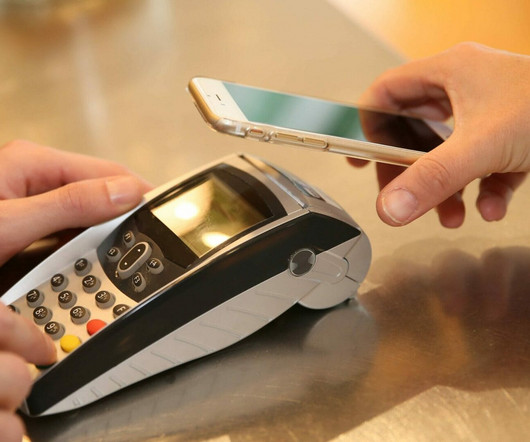Merchant Credit Card Fee Guide 2024: How Much Does It Cost to Process Credit Cards?
Stax
MAY 7, 2024
These fees also vary depending on the card network. Processor markup These are fees charged by the payment processor, which is the company that manages and facilitates credit card transactions. These equipment often have setup fees, ranging between $0 and $2,000, and sometimes monthly fees from the payment processor.














Let's personalize your content